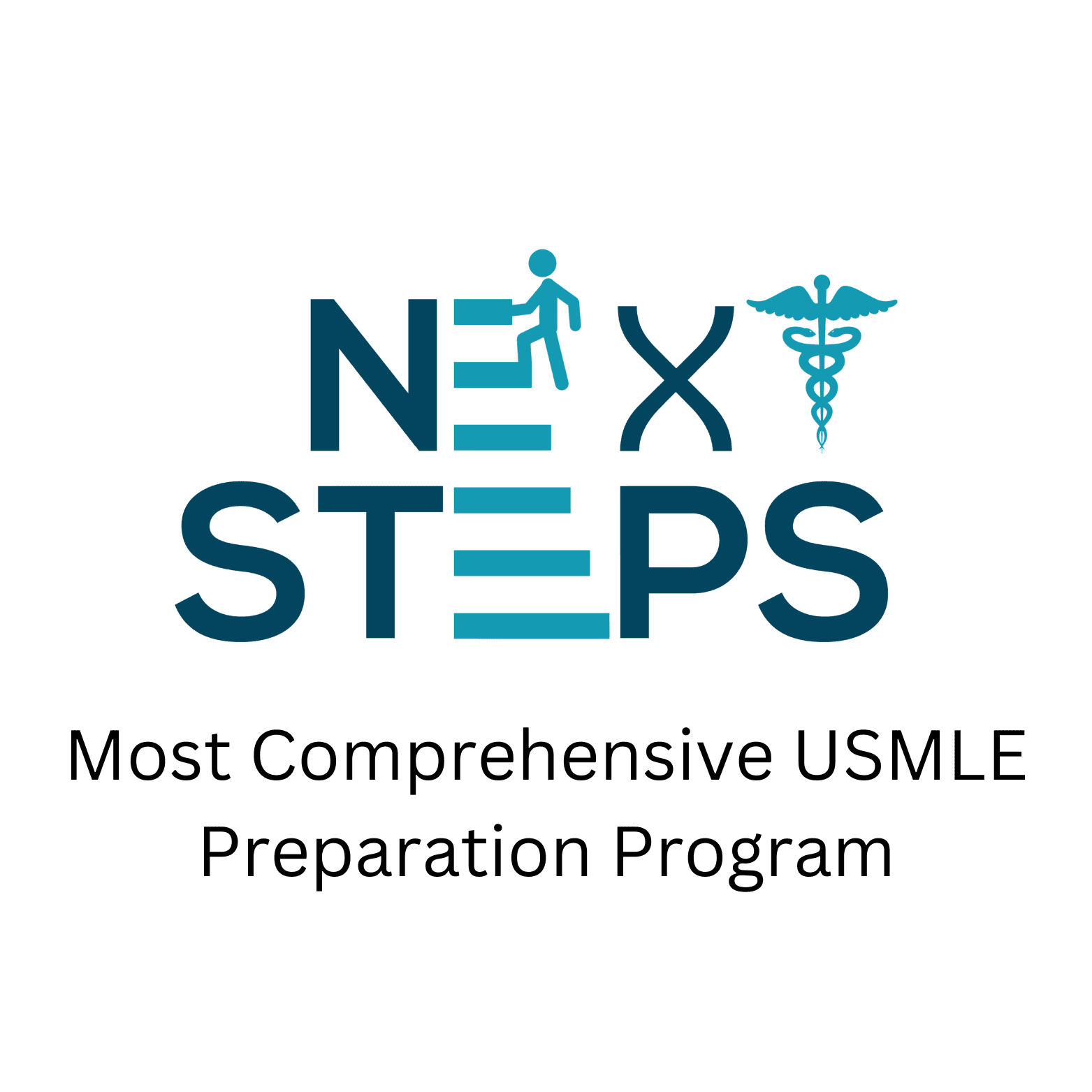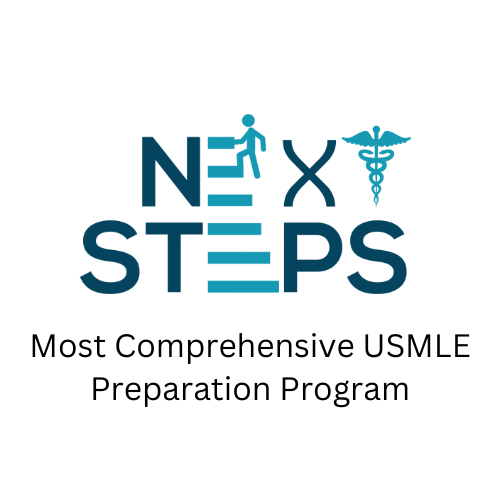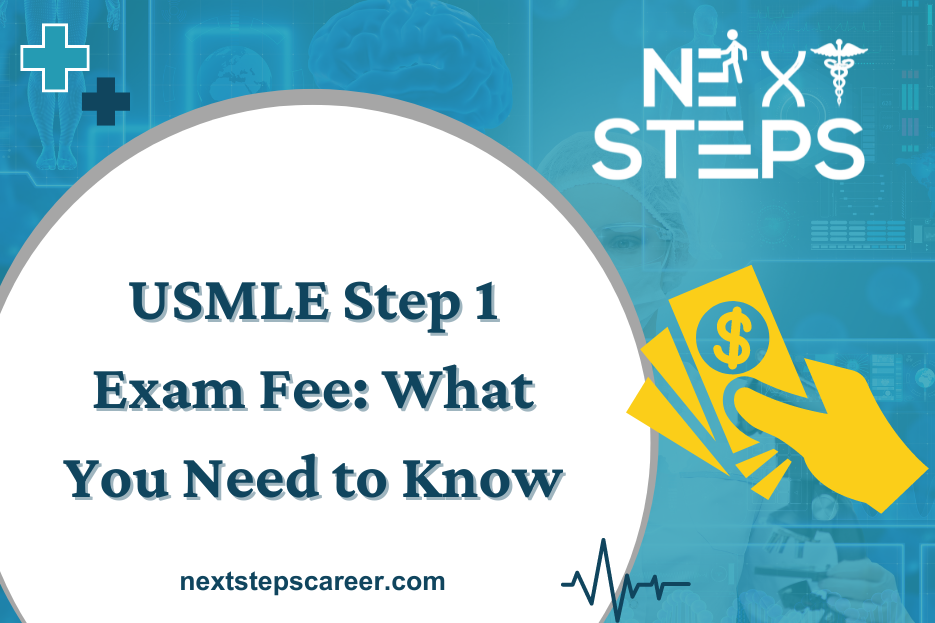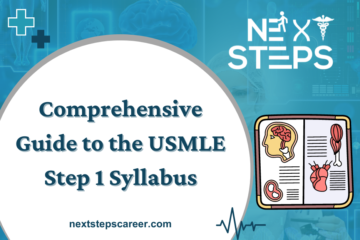Preparing for the USMLE Step 1 exam is not only a significant academic endeavor but also an important financial consideration. Understanding the exam fee structure is crucial for planning and budgeting your journey toward becoming a licensed physician in the United States. This blog will provide a comprehensive overview of the USMLE Step 1 exam fee, additional costs, and tips for financial planning.
The Basic USMLE Step 1 Exam Fee
As of 2024, the registration fee for the USMLE Step 1 exam for both U.S. and international medical graduates is $975. This fee is required at the time of registration and is non-refundable. It covers the cost of the examination itself and is a necessary expense for all students aiming to take this critical step in their medical career.
Additional Costs to Consider
1. International Test Delivery Surcharge:
- If you are taking the USMLE Step 1 exam outside of the United States or its territories, you will need to pay an international test delivery surcharge. The surcharge varies by region and can range from $180 to $225. It is essential to check the specific surcharge for your testing location when planning your budget.
2. Eligibility Period Extension:
- If you need to extend your eligibility period for taking the exam, there is an additional fee of $80. This fee applies if you are unable to take the exam within your initially assigned eligibility period and need more time to prepare.
3. Rescheduling Fees:
- If you need to reschedule your exam, additional fees may apply. The amount depends on how far in advance you make the change:
- More than 31 days before the exam: No fee.
- 6-30 days before the exam: $50.
- 5 or fewer days before the exam: $128.
4. Travel and Accommodation:
- If your test center is not in your immediate vicinity, you may need to budget for travel and accommodation expenses. These costs can add up, especially if you have to fly to another city or country to take the exam.
5. Study Materials:
- High-quality study materials, such as textbooks, question banks (e.g., UWorld), review courses, and flashcards, can be a significant expense. While these costs are not part of the exam fee, they are essential for thorough preparation.
Financial Planning Tips
1. Start Saving Early:
- Begin saving for your USMLE Step 1 exam fee and related expenses as early as possible. Set aside a portion of your income or allowance each month to build up the necessary funds.
2. Budgeting:
- Create a detailed budget that includes all anticipated costs related to the USMLE Step 1 exam. This should cover the registration fee, international surcharge, eligibility period extension (if needed), rescheduling fees, travel, accommodation, and study materials.
3. Explore Financial Aid and Scholarships:
- Some medical schools and organizations offer financial aid or scholarships to help cover the cost of the USMLE exams. Research available options and apply for any assistance for which you qualify.
4. Utilize Free and Low-Cost Study Resources:
- While high-quality study materials are essential, many free and low-cost resources can supplement your preparation. Look for online lectures, free question banks, and study groups to minimize expenses.
5. Plan for Unexpected Costs:
- Always have a contingency fund to cover any unexpected expenses that may arise during your preparation. This can help you avoid financial stress and stay focused on your studies.
6. Keep Track of Deadlines:
- Be aware of all deadlines related to the USMLE Step 1 exam to avoid late fees and additional charges. Mark important dates on your calendar and set reminders to ensure timely registration and scheduling.
Conclusion
The USMLE Step 1 exam fee is a significant consideration in your journey to becoming a licensed physician. Understanding the fee structure and additional costs involved can help you plan and budget effectively. By starting to save early, creating a detailed budget, exploring financial aid options, and utilizing available resources, you can manage the financial aspects of your USMLE Step 1 preparation with confidence. Remember, investing in your education and future career is a valuable and necessary step toward achieving your professional goals.





